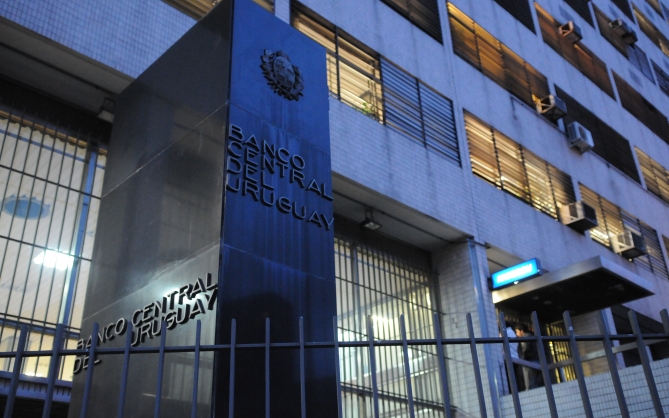
The Central Bank of Uruguay offers tips on cryptocurrency regulation
The Central Bank of Uruguay has released a statement on virtual assets in which it roughly describes the roadmap that the institution will follow in the process of regulating cryptocurrencies. The bank has already created a study group to examine how the world of cryptocurrencies works and, taking this into account, has created a conceptual idea of how this market could soon be regulated.
The institution also announced that during the fourth quarter of 2021 it will be involved in talks with industry players in the country with the aim of perfecting knowledge on how these companies work. The press release emphasizes:
"In the last quarter of the year, dialogue with sector operators and relations with other regulators and international organizations will be promoted ... These exchanges will help to refine the conceptual framework in view of a regulatory approach that contributes to the aforementioned purposes".
With an already clear view of the cryptocurrency business, the Central Bank of Uruguay will propose changes to existing laws by the end of this year to better accommodate the establishment of new cryptocurrency-focused regulations in the future.
Cryptocurrency recommendations and advice
The bank also proposed some recommendations for cryptocurrency users, stating that these assets are not considered legal tender in the country such as the Uruguayan peso, which is recognized and supported by the institution. In view of this distinction, the establishment of a regulatory framework for cryptocurrencies could be very different from that approved in El Salvador, where bitcoin has been declared legal tender.
The central bank made it clear that cryptocurrency-related activities were not regulated by any institution in the country. Consequently, none of the protections that apply to regular investors could protect citizens involved in cryptocurrency trading or investing.
The bank advises people interested in cryptocurrencies to:
"Carry out a thorough assessment of the risks taken in operating with these instruments and take the necessary precautions to mitigate them, taking into account that high returns are generally associated with high risks".
We, on the other hand, advise you to invest in bitcoin in moderation and through reliable and regulated exchange platforms. Also, these days there is a real boom in cryptocurrencies, why not take advantage of it? But remember, invest only what you can afford to lose!
What do you think of the position that the Central Bank of Uruguay is taking towards digital assets? Let us know in the comments section below.
